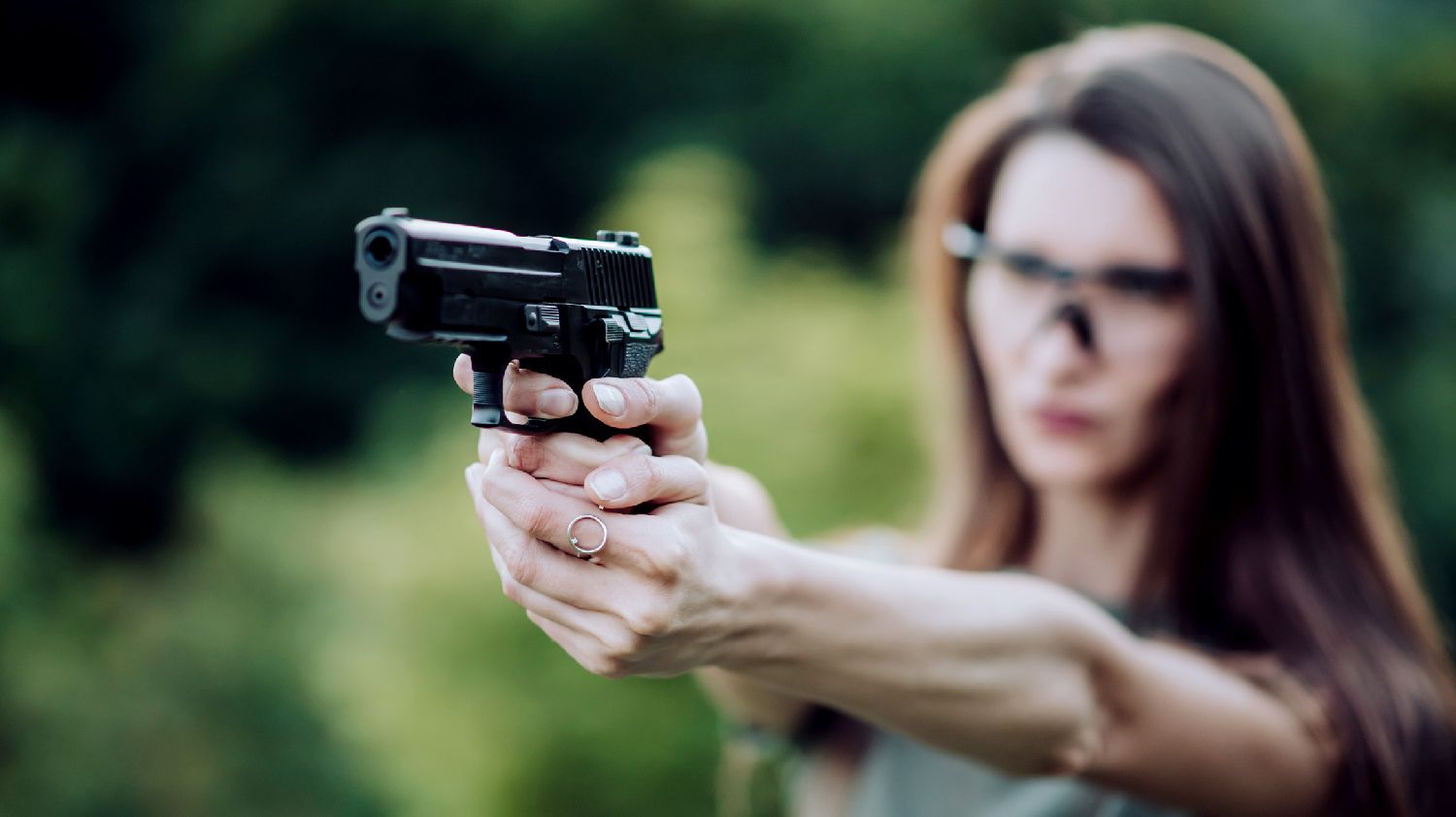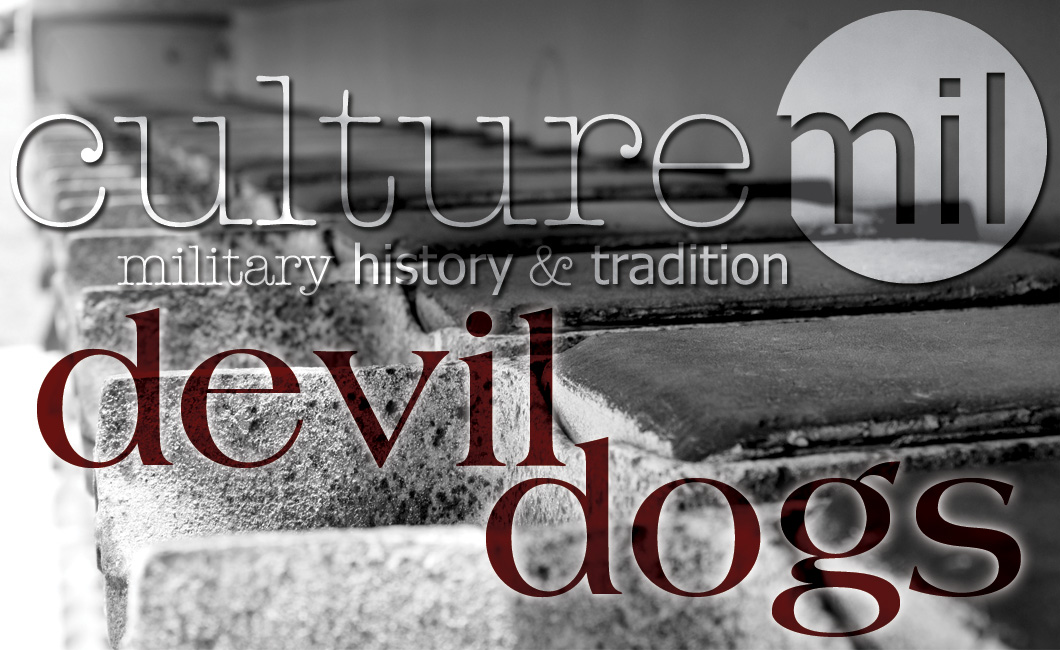- http://www.6thmarines.marines.mil/Units/1st-Battalion/History/
- http://www.usmcpress.com/heritage/usmc_terms.htm
- http://definithing.com/devil-dog/
- https://en.wikipedia.org/wiki/Devil_Dog
- http://www.history.com/this-day-in-history/battle-of-belleau-wood-begins
- http://www.usmilitariaforum.com/forums/index.php?/topic/33737-the-usmc-devil-dog-conundrum/
- http://www.worldwar1.com/dbc/ct_bw.htm
Written by Jenifer Chrisman on January 9, 2017.
“Cry ‘Havoc,’ and let slip the dogs of war...”
– William Shakespeare
Attributed to a dispatch, “Wie sind die Teufelhundern?” (“Who are these Devil Dogs?”), from the front lines to German High Command, it is said the name Devil Dogs came about during the Battle of Belleau Wood, which took place in June of 1918. While the name is attributed to that battle, references to this name were seen in U.S. newspapers as early as April of 1918.
Located northwest of the Paris-to-Metz Road, the Battle of Belleau Wood (June 1-26, 1918) was the first large-scale battle fought by U.S. Military during World War I. The German Army was driving toward Paris, pushing the French Army, who were in full retreat. The newly arrived U.S. Marine Corps stepped into the breach.
Prior to their expansion at the beginning of World War I, the Marine Corps had been a small force limited to providing ships detachments. Under the direction of General of the Armies, John Joseph “Black Jack” Pershing, they were sent in support of the American Expeditionary Force backing the Allied Powers. Although they played a role in numerous battles, it was their role in Belleau Wood that they made their mark.
Facing the well-placed German lines and their heavy machine gun coverage, the nearly month long battle, fought day and night, was bitter; often without sleep, water, relief or even hot rations. It was a battle that tested human endurance, where wounded continued to fight and men dropped to unconsciousness from sheer exhaustion.
Despite their line being cut to pieces over and over, and often resorting to fighting with bayonets, the Marines not only held the line, as per orders, but they moved forward seizing victory after victory. Platoons were shredded and several companies lost all their officers, leaving Sergeants, and sometimes Corporals, in charge. And still they held for thirteen straight days when a captured German officer, with his dying breath, informed of a fresh German division on the way.
At two o’clock in the morning of the 13th of June, the Marines, completely worn out and running on empty, shored up their lines to meet the new troops as the Germans sought to take back the ground they had lost. The Germans were under orders to take as many losses as necessary.
Their backs to the Bois de Belleau and a single shelter in the ruins of the Bouresches, the severely depleted Marines held their position and, day by day, they continued to advance. Belleau Wood culminated on the 24th of June in a battle that literally tore the woods apart. Despite all adversity, the Marines had cleared every foot of Belleau Wood.
The Marines were relieved in July of 1918 and Germany was forced to accept an armistice the following November.
Inspired by their determination and bravery during their hard-won battle, General Pershing uttered the immortal words, “The deadliest weapon in the world is a Marine and his rifle!” And no matter how the moniker originally came about, the Battle of Belleau Woods underscored the validity of the moniker “Devil Dogs” and from that point forward the name became an integral part of U.S. Marine Corps history.
Sources:




